
A woman left a baby at the doorstep of an orphanage in the freezing cold. But after some time…
Snow fell quietly, as if trying not to disturb the world. It blanketed the city in stillness — resting on rooftops, covering tired streets, settling gently on the shoulders of passersby wrapped tightly in their coats. Under the dim glow of a streetlamp, a woman walked slowly, her steps uncertain, careful. In her arms she carried a small bundle — a baby wrapped in a gray woolen blanket, a knitted hat tugged low over his forehead.
The infant, no more than a few weeks old, slept soundly against her chest, his tiny hand curled near his face. He didn’t stir, unaware that everything was about to change.
The woman stopped in front of a crumbling building. Faded letters above the entrance read: “Baby House No. 4.”
She looked up, as though expecting a sign — mercy, strength, forgiveness. But the sky only returned her gaze with cold indifference, flinging more snowflakes into her face. Her arms tightened around the child.
Her fingers were trembling. Not from the cold, but from something deeper. Her heart pounded painfully, each beat echoing with the same thought: Is this the only way?
Then, almost mechanically, she knelt, placed the baby on the doorstep, and slipped a folded piece of paper beside him.
“Misha.
Forgive me.
I love him.
I can’t do otherwise.”
She hovered for a moment, biting her lip until it bled, her eyes glazed with tears she wouldn’t let fall. Her body shook with silent sobs, her feet refusing to move. Then, as if pushed by some invisible hand, she stumbled backward — once, then again — and ran.
Into the darkness. Into the snow. Away from everything she had known and the little life she had just left behind.
Minutes later, the heavy wooden door creaked open. Standing in the glow of the hallway light was Valentina Sergeyevna, a woman in her fifties with tired eyes and a gentle heart hardened by years of stories like this.
She gasped, immediately rushing to the child. Snow had begun to settle on his blanket.
“Oh, dear God,” she whispered, scooping him up. “You would’ve frozen here… Who could leave such a baby like this?”
She brought him inside, pressing his small body to her chest, feeling for warmth. She didn’t know yet that this night — this tiny boy with snowflakes caught in his eyelashes — would remain etched in her heart for the rest of her life.
For Misha, the orphanage was the beginning and, for a long time, the only world he knew. First came a crib with metal bars. Then a playroom with worn toys. Later, a kindergarten class where lockers were painted bright yellow but smelled like disinfectant.
He adapted. Learned not to expect much. Every time a couple arrived — prospective parents — the children straightened their backs and smiled too hard. Misha, at first, joined them. But after years of being passed over, he learned to stay silent and look away.
At eight, his friend Sanya whispered to him, “What if your mom’s still out there, huh? What if she’s looking for you?”
Misha shook his head. “She’s not.”
“How do you know?”
“Because if she were looking, she would’ve found me.”
He said it without bitterness. But that night, he buried his face in his pillow, muffling sobs no one could hear.
Time passed, as it always does. The orphanage taught its own curriculum: how to fight, how to hide pain, how to belong without trusting. But Misha was different. He clung to books, to dreams of another kind of life — one beyond the gates, one where people didn’t leave.
At fourteen, he finally asked Valentina Sergeyevna the question that had lived in his heart for years.
“Why did she leave me?”
Valentina sighed. Her hands, weathered from decades of care, rested gently on his shoulder.
“Sometimes… people don’t have a choice. Life can be unkind. Maybe she was scared. Maybe she believed she was saving you.”
“Would you have left your child?” he asked.
She didn’t answer. She just stroked his hair.
At sixteen, Misha got his passport. Under “Father” — a long dash. Under “Mother” — blank space. It was official now: he belonged to no one.
He prepared for college, worked evenings as a warehouse loader, washing floors and hauling boxes while enduring the crude humor of exhausted drivers. He never complained. Because breaking down would mean losing everything he had built inside himself.
At night, he dreamed the same dream over and over: a vast, open field. A woman in the distance, waving. Her voice was lost in the wind. He would run toward her — desperate — but she would always drift farther away.
One evening, he found the note. Folded, fragile, tucked into his personal file.
“Misha.
Forgive me.
I love him.
I can’t do otherwise.”
The handwriting was shaky, uncertain. But full of something he couldn’t name.
It haunted him.
He decided he couldn’t keep living without knowing the truth.
His search began with bureaucracy. The registry office provided only the bare minimum: birthdate, hospital, approximate weight. The note had been kept. And it listed one possible clue — Maternity Hospital No. 3.
There, he met Maria Petrovna, an older midwife with bright blue eyes.
“January 2004?” she mused. “Yes… I remember a girl. Seventeen, I think. From a nearby village. Alone. She gave birth to a boy and vanished. No paperwork. No trace. Said her mother kicked her out. The father — gone.”
He clung to her every word.
He spent weeks combing regional archives. One record from January 11 read: “Male infant. Mother unknown. Admitted from Maternity Hospital No. 3.” It was him.
He traveled to rural villages, slept in bus stations, knocked on doors. Most people ignored him. Some told him to give up.
But in a village called Nikolskoye, he walked into a small grocery store — and everything changed.
Behind the counter stood a woman with tired hands and gray eyes that mirrored his own. He felt something shift inside him.
“Excuse me,” he said, his voice shaking. “Is your name Lena?”
She froze. Turned slowly.
“Misha…?”
He stopped breathing. “How do you know my name?”
She collapsed onto the wooden bench outside. Her face was pale, her lips trembling.
“I’ve never stopped thinking about you. I left you because I believed it was the only way to keep you alive. I was seventeen. My mother threw me out when she found out I was pregnant. I lived in a basement. I couldn’t feed myself, let alone a baby. I thought… if I stayed, we’d both die.”
She looked at him through tears. “I’m not asking for forgiveness. I’m just… glad I can tell you I loved you.”
He sat beside her, stunned.
“I don’t know what to call you,” he admitted. “Or how to build anything from this. But I want to try.”
She reached for his hand. And for the first time, he didn’t pull away.
Six months later, Misha transferred to remote college studies and got a job as a librarian’s assistant. He rented a room in Lena’s small house — at first calling her “Lena,” then awkwardly, hesitantly… “mom.”
They cooked dinner together. Planted flowers on the windowsill. Walked forest trails in quiet companionship. There were no big declarations — just shared moments, stitched one by one into something like healing.
One evening, Misha showed her a faded photograph: himself at seven in a ridiculous winter hat, grinning beside his friend Sanya.
“This is my best friend from the orphanage,” he said. “He’s in prison now. No family. No letters. I was thinking… maybe we could visit him?”
She nodded. “Of course, son.”
That word still felt new. But it was his.
Epilogue
Sometimes fate takes too much. Sometimes it feels like a life is over before it begins. But even a heart cracked by abandonment can remember how to love.
Misha had walked the hardest path — from the cold steps of an orphanage to the warmth of a mother’s porch. And while forgiveness wasn’t required, truth was.
It was there in her eyes, in her voice when she said “good night,” in her hand brushing crumbs from his shirt. It was in the way she said “son” like she meant it.
And he believed her.
Because some notes, even left in the snow, are never truly lost.
News in the same category

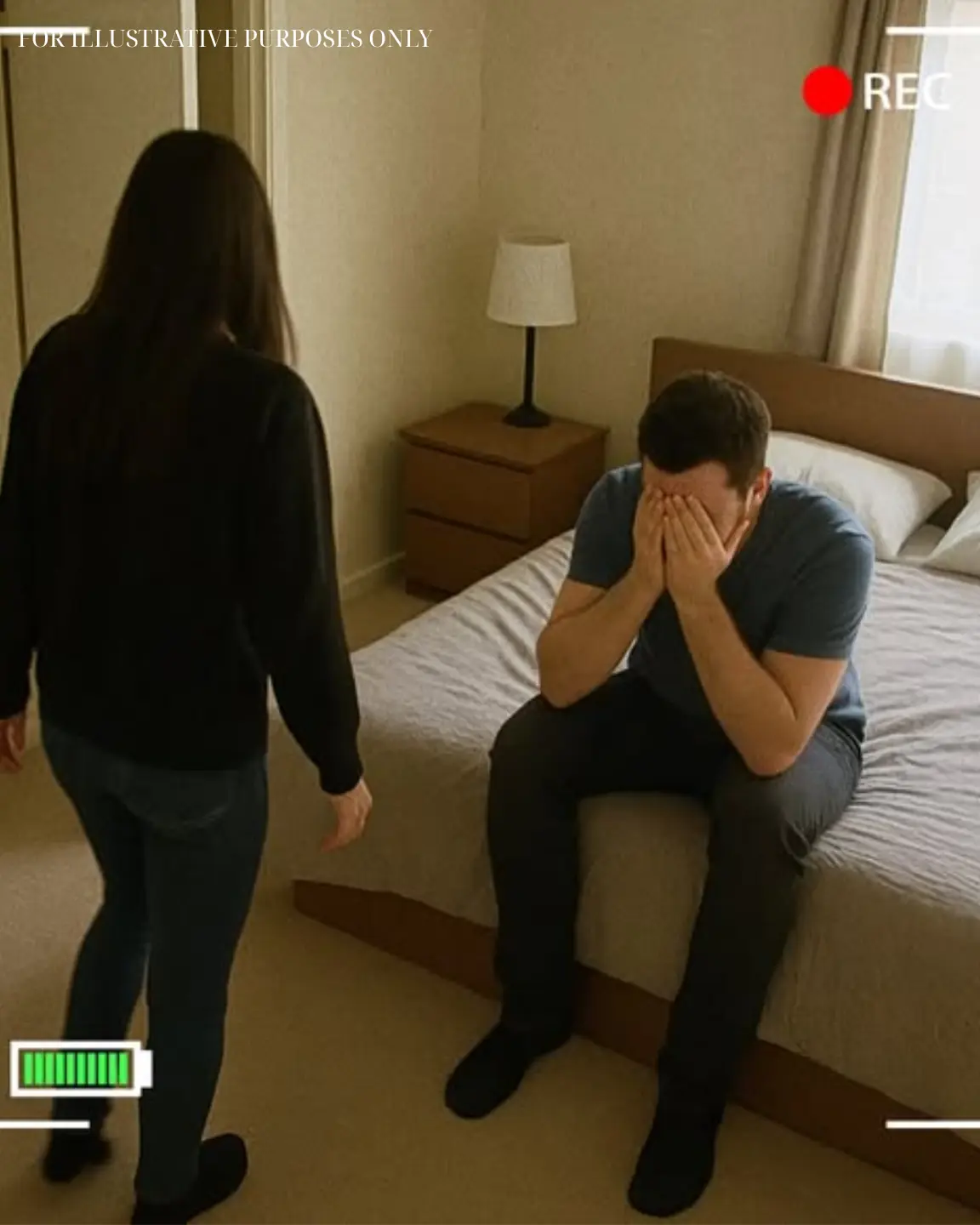
'Mom, Do You Want to Meet Your Clone?' – What My 5-Year-Old Said Uncovered a Secret I Wasn't Ready For

You’re nobody without me,» my husband declared. But a year later, in my office, he begged me for a job
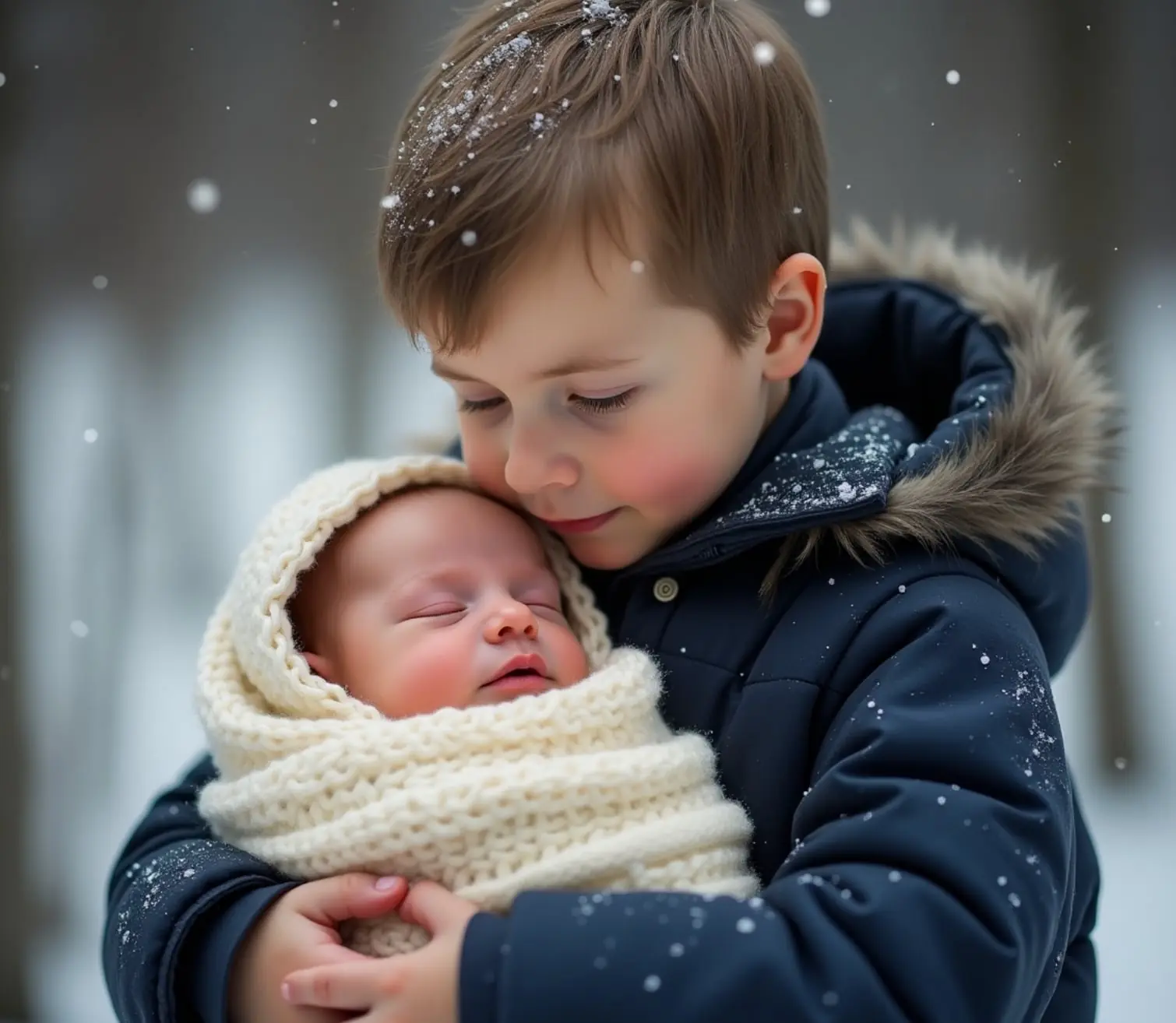
An eight-year-old child saved his sister during a severe snowstorm. But where were their parents at that time?
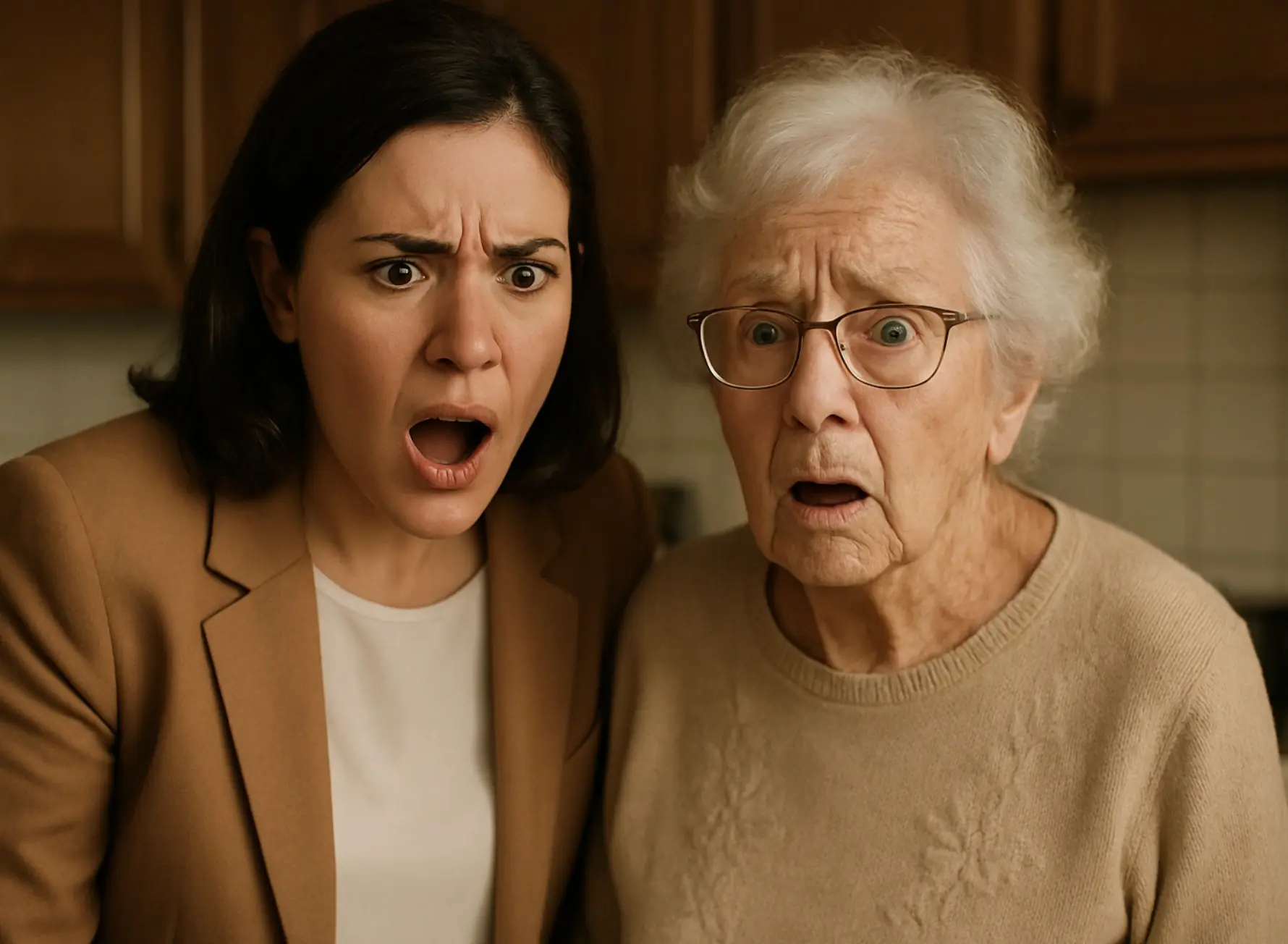
We’ll live off our daughter-in-law; she has a good job,» the mother-in-law shared with her friend
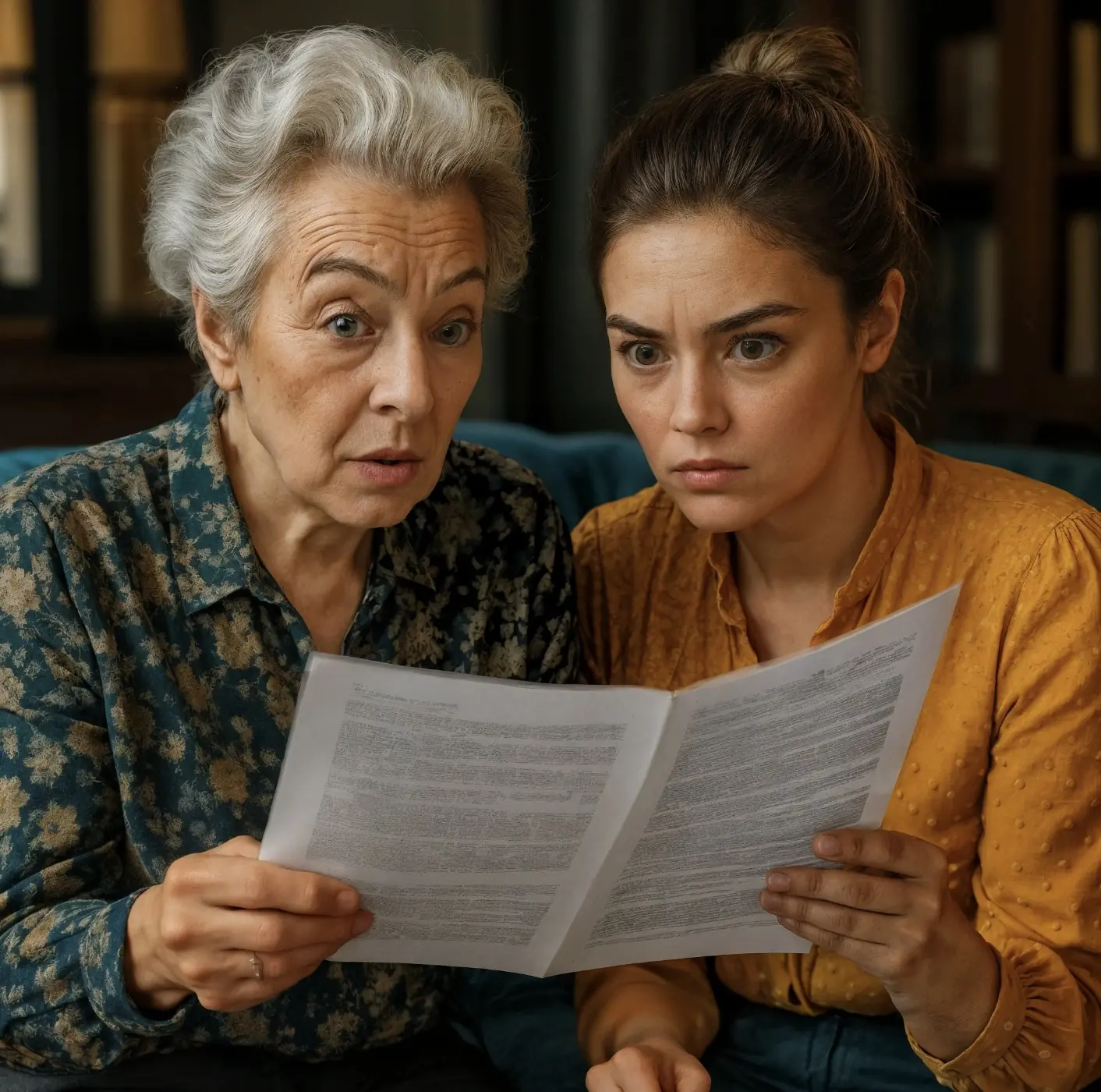
Lenočka, pay the utility bills. You have the money,” the mother-in-law asked again

Tired and confused, she spent the night at the station, having run away from her son and with no idea where to go
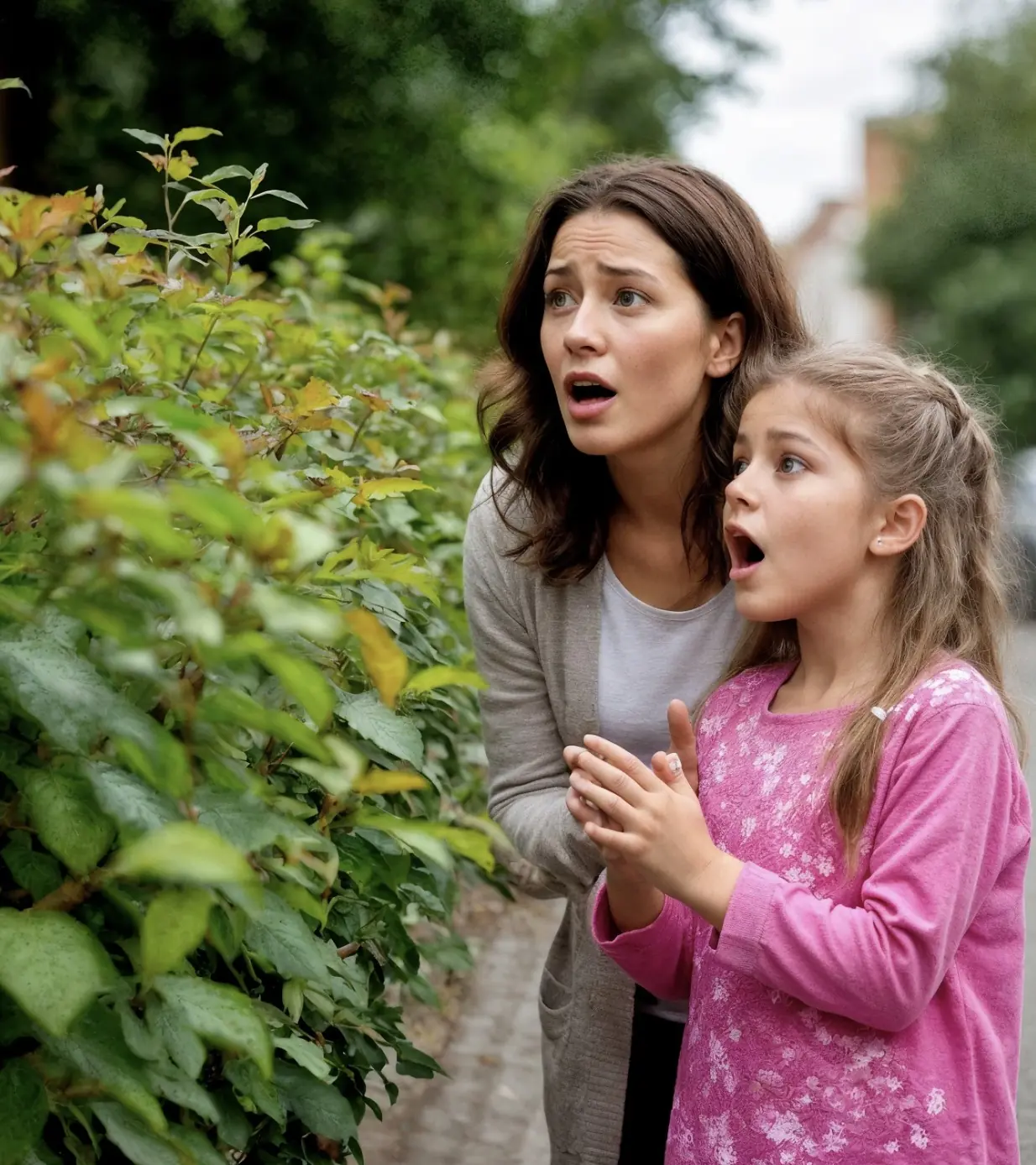
There’s a man hurting a girl!» — the child screamed, terrified, grabbing her mother’s hand. Lena glanced toward the bushes… and felt a chill run through her. Her heart froze

Your bonus is very timely, your sister needs to pay rent for the apartment six months in advance,” the mother ordered

Andrey sat opposite Olga, tapping his fingers on the tabletop.
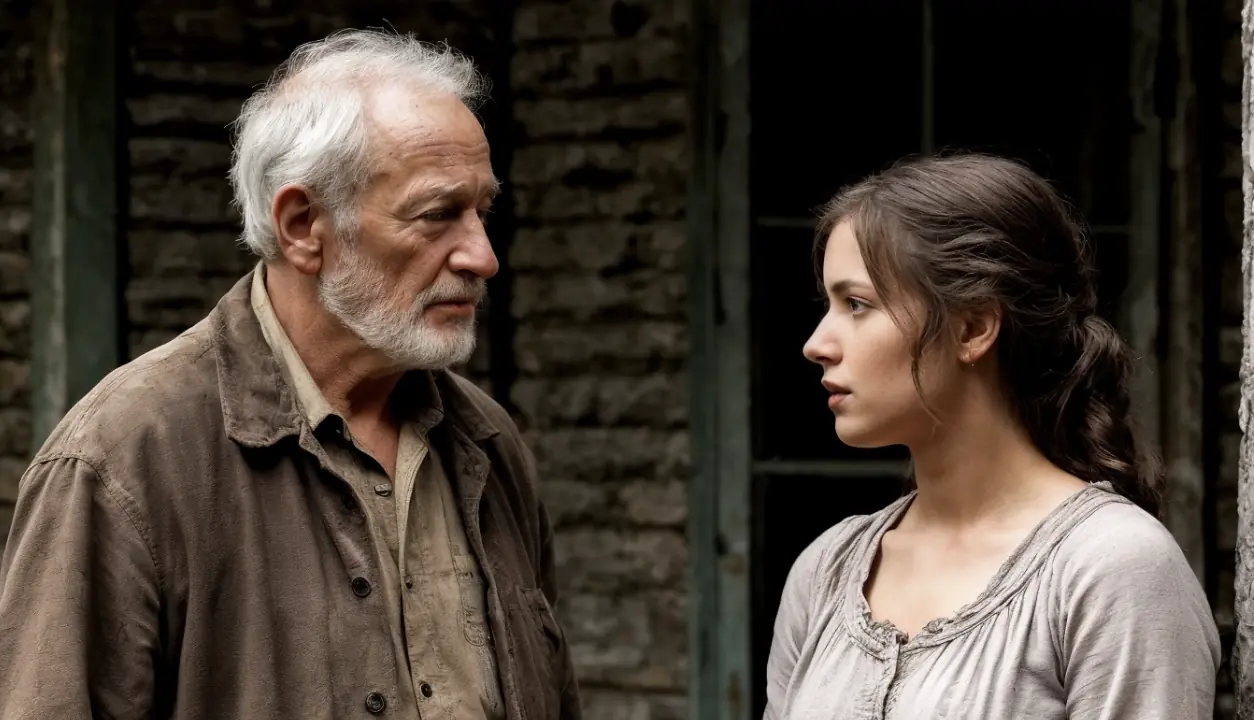
A 70-year-old elder let a stranger stay overnight — at night, the village woke up to her screams. When they found out what happened, they shuddered
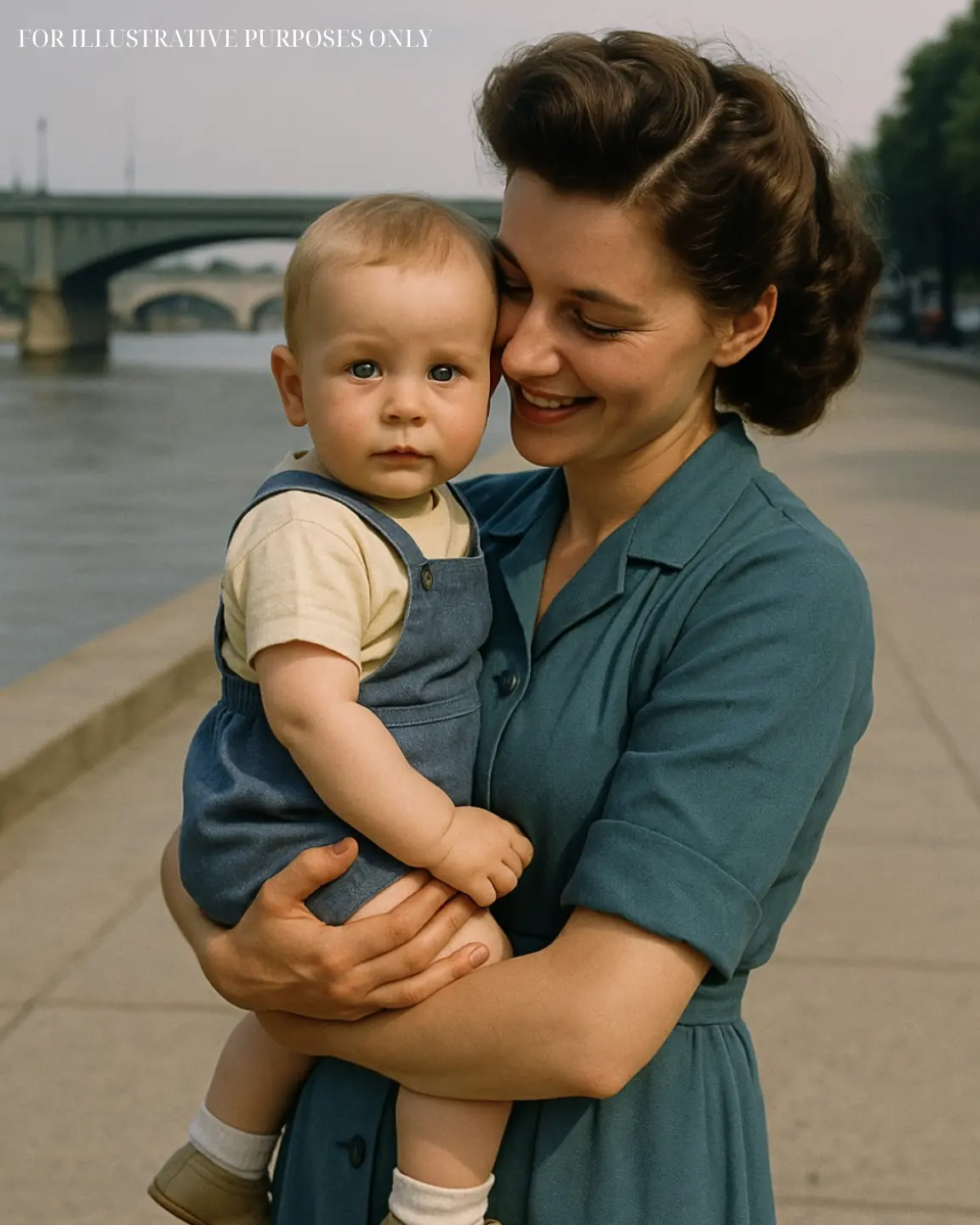
I found a little girl by the railroad tracks, raised her, but after 25 years her relatives appeared
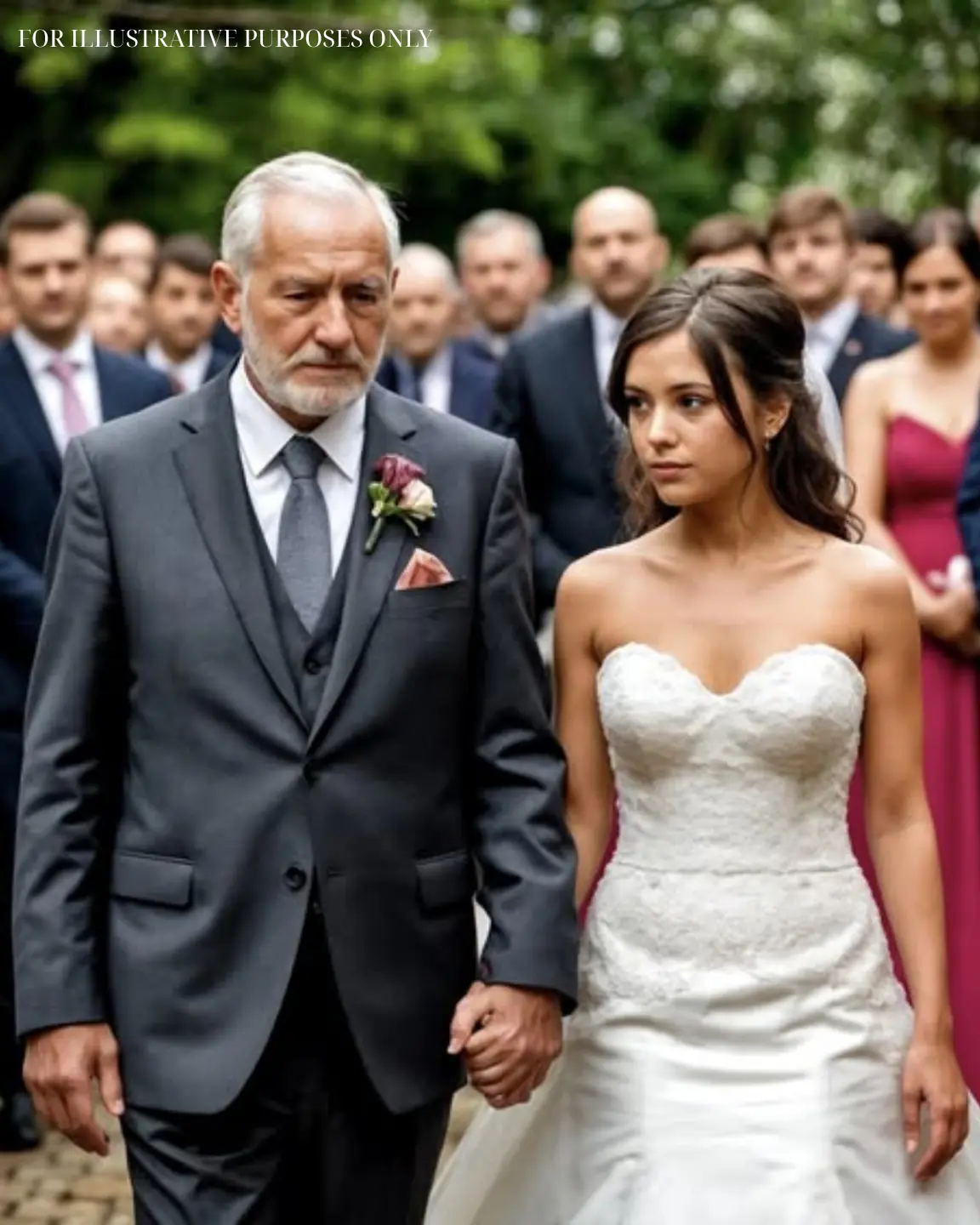
After 25 years, the father came to his daughter’s wedding — but he was turned away… And moments later, the crying spread among everyone present

Honey, I gave your sister the trip voucher, she needs it more — she’s going through a crisis, — her husband blinked innocently, having stolen his wife’s vacation

The terminally ill son of wealthy parents married a naive girl, and she took him off to a remote area. Six months later, his parents could hardly recognize their son
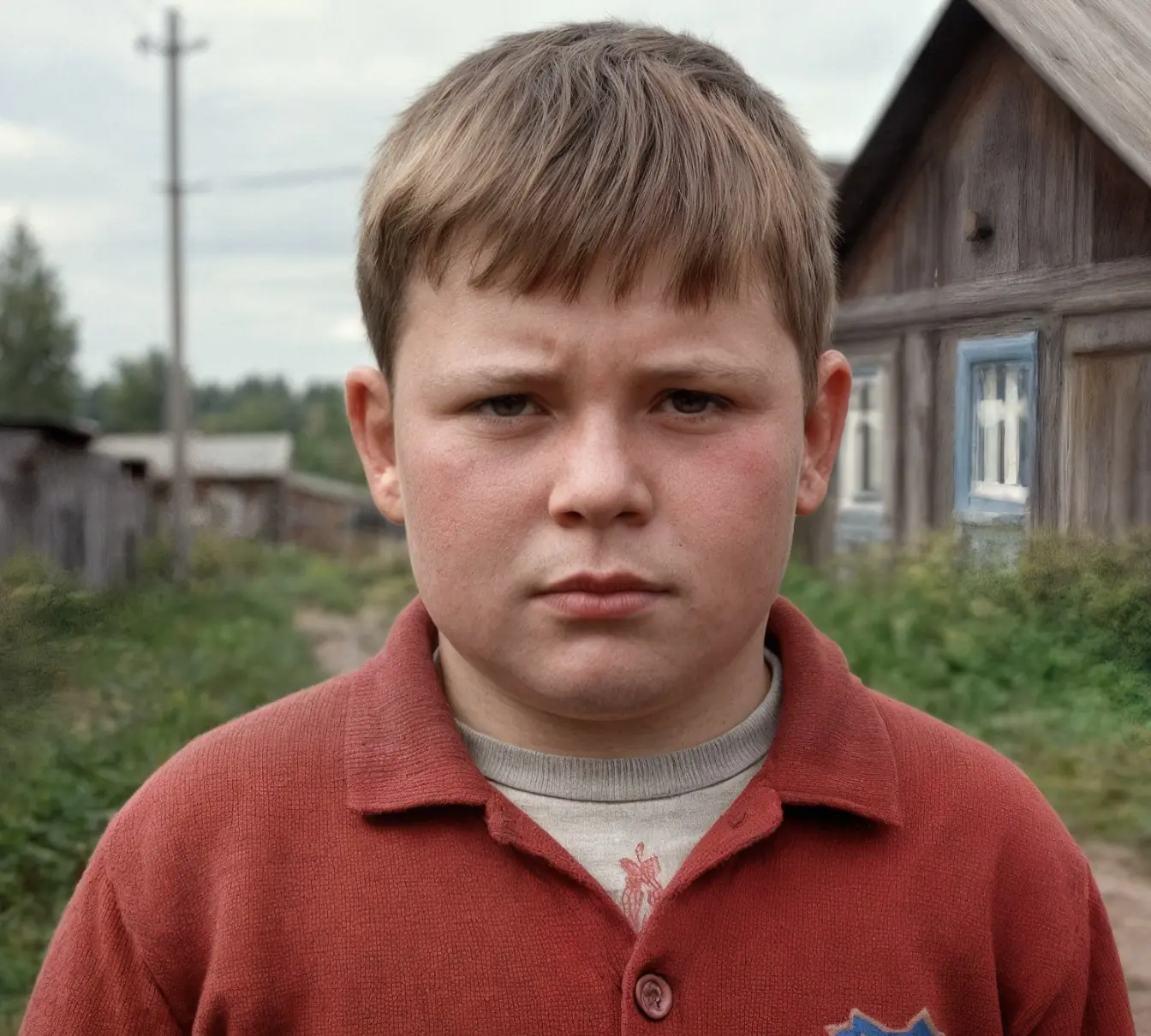
Senya was raised by his grandmother and mother. The boy was not spoiled at all – both his mother Tamara and grandmother Nina had such strong characters that even without a father and grandfather
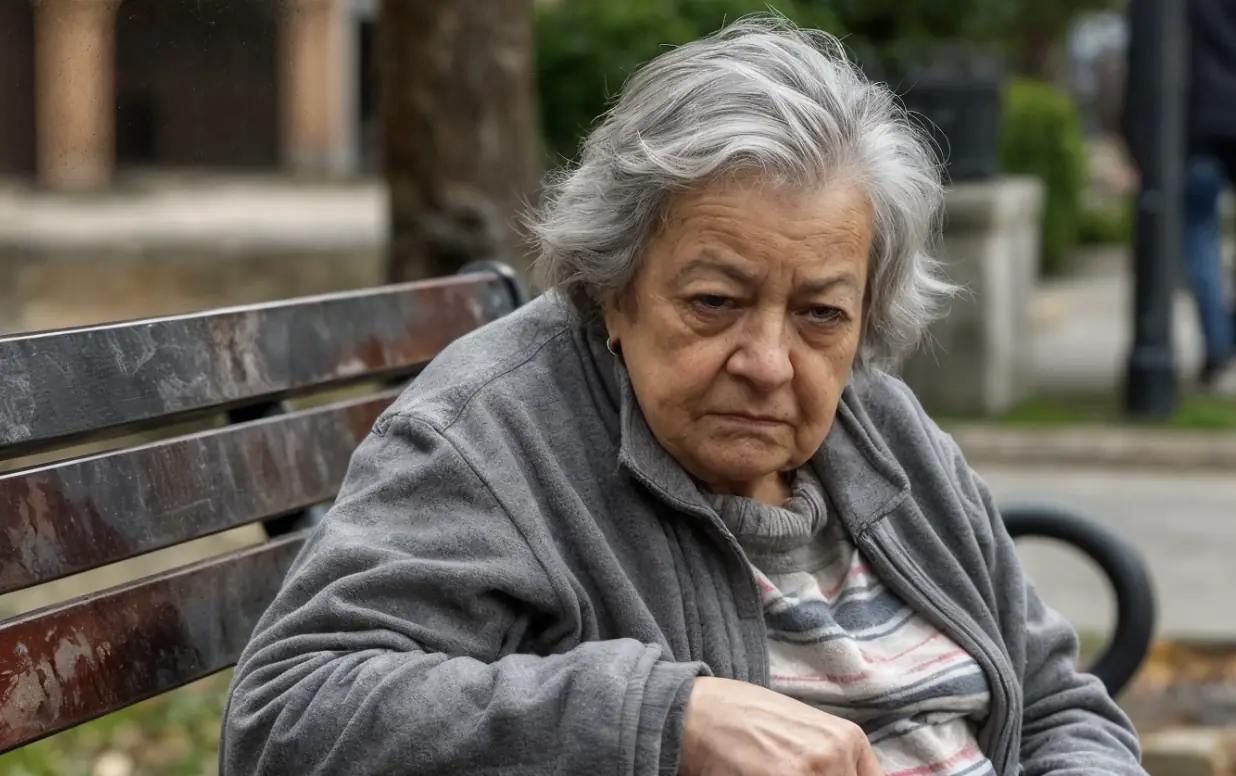
He saved the old woman from death and took her to the hospital, but at that moment he still did not know what would happen next…

No, dear mother-in-law, I bought this apartment before the marriage, so pack your things,” I made it clear that her behavior was unacceptable to me.

The wife had been silent for a year, hosting her husband’s relatives in their home, until one evening, she finally put the bold family members in their place.
News Post

Two Itchy Areas on the Body May Signal Liver Cancer—Many Mistake It for an Allergy

The Number of People with Thyroid Nodules Is Increasing! Doctors Repeatedly Emphasize: Eat Fewer Tomatoes and More of These 3 Foods

More and More People Are Suffering from Visceral Fat! Doctor: 9 Foods That Help Reduce Visceral Fat – Eat Them Regularly
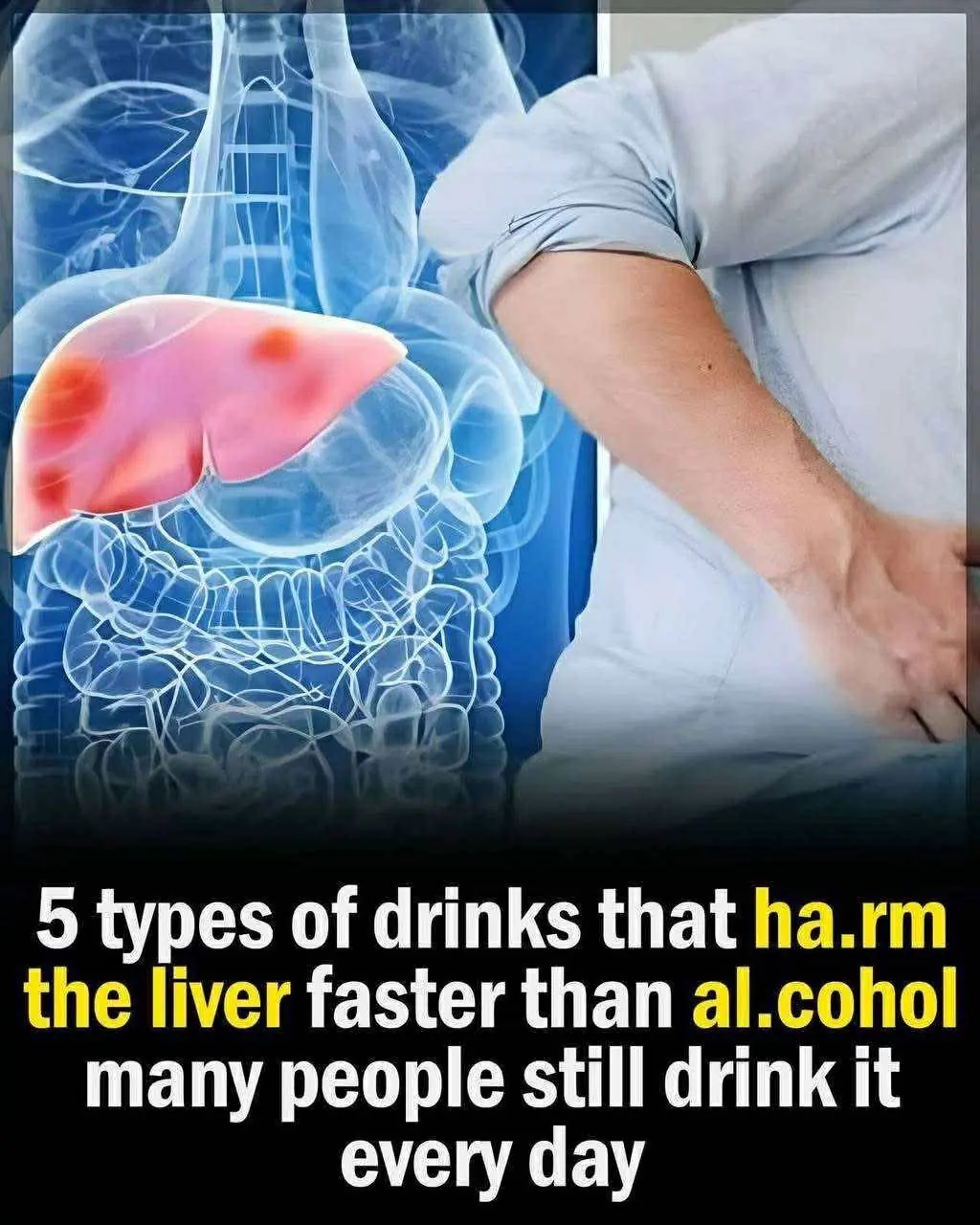
5 everyday drinks that can harm your liver like alcohol

This Girl Spent 6 Years Fixing Her Jaw & After the Final Surgery, She Stunned Everyone with the Results – Her Transformation in Pics

'Mom, Do You Want to Meet Your Clone?' – What My 5-Year-Old Said Uncovered a Secret I Wasn't Ready For

You’re nobody without me,» my husband declared. But a year later, in my office, he begged me for a job

An eight-year-old child saved his sister during a severe snowstorm. But where were their parents at that time?

We’ll live off our daughter-in-law; she has a good job,» the mother-in-law shared with her friend

Unexpected health benefits of chai spices you may not be aware of

Your Guide to Preparing for the Gynecologist: 10 Key Dos and Don’ts

12 Surprising Things That Men Love and Find Attractive in Women

Unlocking the Hidden Power of Lactuca Serriola: Nature’s Wild Gift Growing All Around You

A REAL VITAMIN BOMB: Celery and Lemon for Clarity, Pressure Relief, and Detox
A 6-year-old boy diagnosed with late-stage canc3r, his father regrets after doctors reveal the cause linked to a popular type of beverage

19-Year-Old Influencer Dies After Unbuckling Harness Mid-Flight in Parasailing Accident
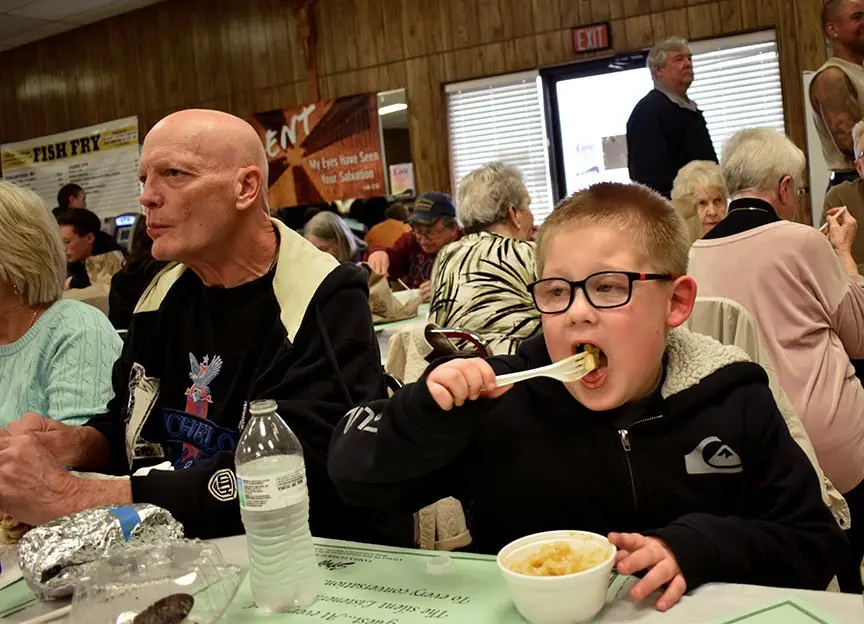
My Husband's Relatives Treated My Bakery Like Their Personal Buffet — So I Served Them a Taste of Their Own Medicine

I Thought I Knew My Fiancé Until I Saw 'You Picked the Wrong Guy, Gave Him the Wrong Finger' on His Car One Morning – Story of the Day

Support Healthy Weight Management in Seniors with These 3 Morning Drinks
